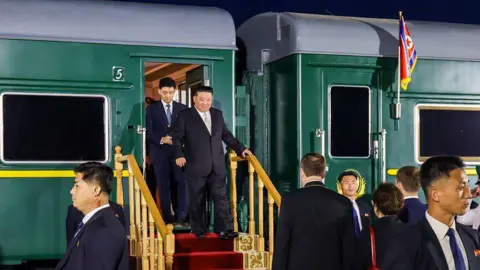VIENNA (FLUXDAILY.NEWS) — A new agreement between Tehran and the International Atomic Energy Agency (IAEA) has been established, granting the agency comprehensive access to all of Iran's nuclear sites. This was announced following talks between the IAEA Director General Rafael Grossi and Iranian officials.
The particulars of the agreement outline that Iran will be mandated to report on the location of nuclear materials at facilities that faced attacks earlier this year. Grossi addressed the IAEA board on Wednesday, highlighting that the accord ensures a clear procedure for inspection notifications and their execution.
Grossi noted, This agreement includes all facilities in Iran, and it stipulates the need for reporting on all targeted installations, facilitating necessary inspections and access to these sites. Yet, he withheld details on when these inspections would commence.
He further remarked on the significance of this document, insisting it does not undermine its importance for future collaborations between Iran and the IAEA. Grossi emphasized the urgency of implementing these practical steps in a timely manner.
In the backdrop of this new development, Iranian President Masoud Pezeshkian solidified the stance taken by the Parliament on July 2 to suspend cooperation with the IAEA, following a 12-day conflict with Israel that involved attacks on Iranian nuclear sites.
IAEA inspectors have faced hurdles verifying Iran’s stockpile of near bomb-grade uranium since the conflict's onset, raising serious concerns within the international community. Current IAEA assessments indicate that Iran possesses approximately 440.9 kilograms of uranium enriched up to 60%.
The latest agreement marks a critical juncture amidst rising tensions and international scrutiny, especially with European nations considering the reimposition of sanctions on Iran due to perceived non-compliance with previous nuclear agreements.
This agreement is seen by some analysts as a tentative step towards de-escalation, highlighting the complex interplay of diplomacy, national security, and international nuclear oversight that remains volatile in the Middle Eastern geopolitical landscape.




















